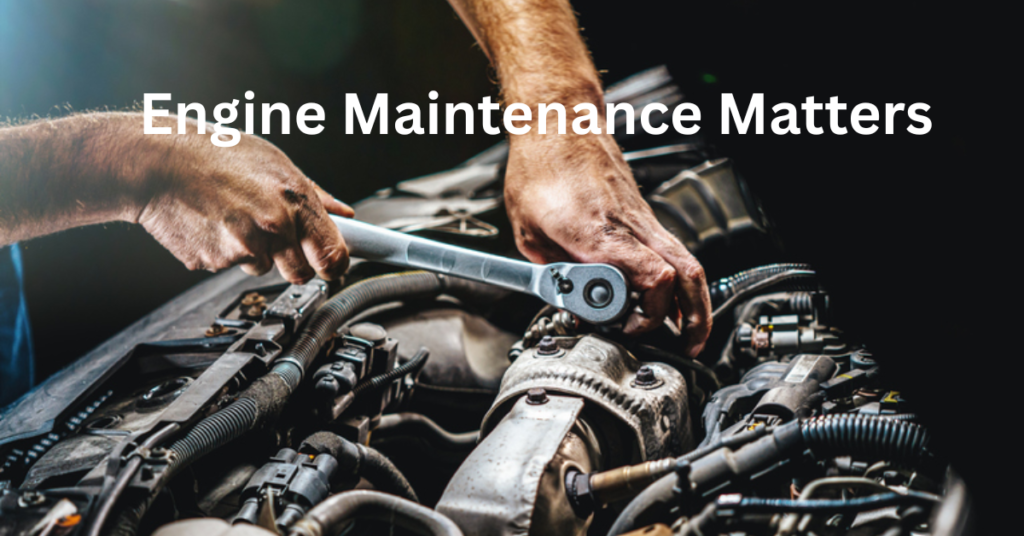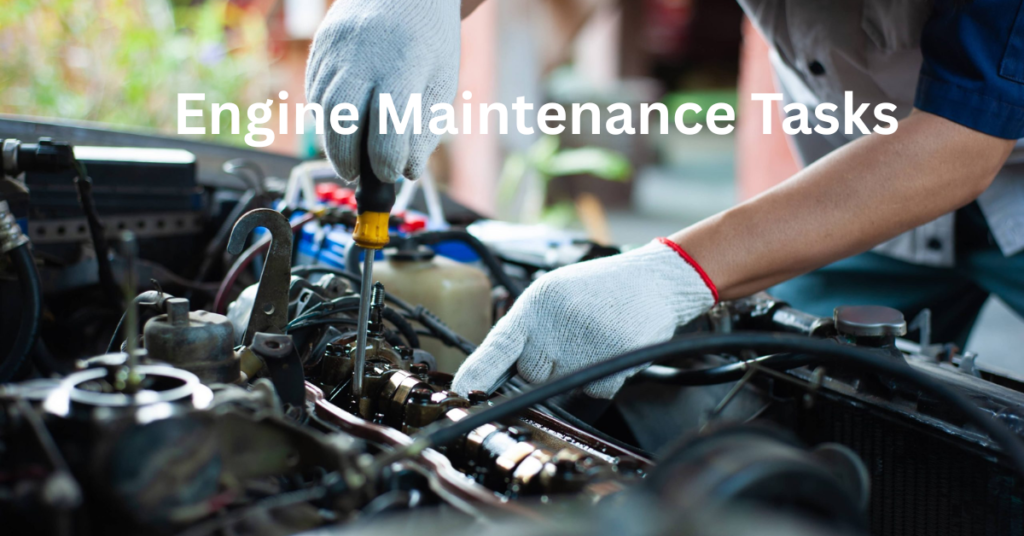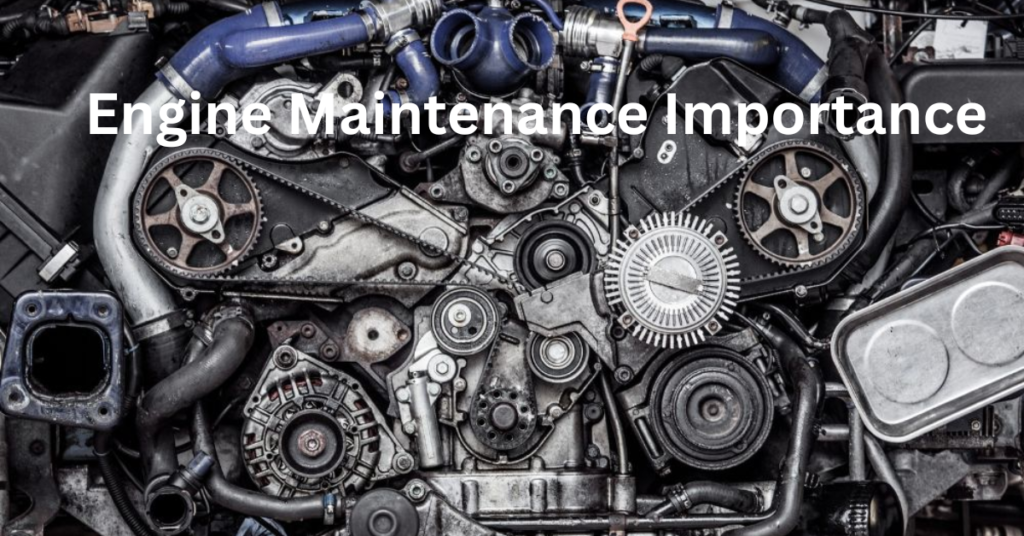Your car’s engine is its most critical—and expensive—component. Just like your body needs regular check-ups, your engine requires consistent maintenance to perform at its best. Neglecting it can lead to costly repairs, breakdowns, and even premature engine failure.
Consider this: A study by CarMD found that engine-related issues account for 50% of all check engine light warnings, with many being preventable through proper care. Whether you drive a brand-new sedan or a trusty older model, understanding why engine maintenance matters can save you thousands in repair bills and extend your vehicle’s lifespan.
In this guide, we’ll break down the key benefits of regular engine maintenance, what happens when you skip it, and how to build a simple but effective care routine.
Why Engine Maintenance Matters

1. Prevents Costly Breakdowns & Repairs
- Small issues (like dirty oil or a clogged air filter) can escalate into major problems if ignored.
- Example: A 50oilchangeisfarcheaperthana∗∗50oilchangeisfarcheaperthana∗∗5,000 engine replacement** due to neglect.
2. Maximizes Fuel Efficiency
- A well-maintained engine runs smoother and burns fuel more efficiently.
- Fact: The U.S. Department of Energy reports that fixing a faulty oxygen sensor can improve gas mileage by up to 40%.
3. Extends Engine Lifespan
- Regular oil changes, coolant flushes, and belt inspections keep wear and tear in check.
- Result: Many engines can last 200,000+ miles with proper care—versus failing at 100,000 miles without it.
4. Maintains Performance & Power
- Sludge buildup, old spark plugs, and dirty fuel injectors reduce horsepower and acceleration.
- Solution: Routine tune-ups restore lost power and responsiveness.
5. Preserves Resale Value
- A well-documented maintenance history boosts your car’s resale value.
- Tip: Keep receipts and records—buyers pay more for a car with proof of care.
Essential Engine Maintenance Tasks

1. Oil & Filter Changes
- Why? Removes contaminants and lubricates moving parts.
- Frequency: Every 5,000–7,500 miles (or as recommended).
2. Air Filter Replacement
- Why? A clogged filter reduces airflow, forcing the engine to work harder.
- Frequency: Every 12,000–15,000 miles (more often in dusty areas).
3. Coolant System Flush
- Why? Prevents overheating and corrosion.
- Frequency: Every 30,000–50,000 miles.
4. Spark Plug Inspection/Replacement
- Why? Worn plugs cause misfires and poor fuel economy.
- Frequency: Every 30,000–100,000 miles (depends on type).
5. Belt & Hose Checks
- Why? Cracked belts or leaking hoses can lead to sudden breakdowns.
- Frequency: Inspect every oil change; replace per manufacturer guidelines.
6. Fuel System Cleaning
- Why? Removes carbon deposits from injectors and valves.
- Frequency: Every 30,000–50,000 miles.
What Happens If You Skip Maintenance?
| Neglected Task | Potential Consequences |
|---|---|
| Oil Changes | Engine sludge → Seized engine |
| Air Filter | Poor MPG → Engine strain |
| Coolant Flush | Overheating → Blown head gasket |
| Spark Plugs | Misfires → Catalytic converter damage |
| Timing Belt | Snaps → Engine destruction |
“Most engine failures aren’t sudden—they’re the result of months or years of neglect.” – ASE-Certified Master Technician
FAQs: Engine Maintenance Explained
1. How often should I check my engine oil?
✔ Monthly—or before long trips. Low oil can cause irreversible damage.
2. Can I just follow the manufacturer’s maintenance schedule?
✔ Yes! Your owner’s manual provides the best timeline for your specific engine.
3. Is synthetic oil worth the extra cost?
✔ Absolutely. It lasts longer, handles extreme temps better, and reduces engine wear.
4. What’s the #1 most overlooked maintenance task?
✔ Coolant flushes. Many drivers forget until the engine overheats.
5. How do I know if my engine has sludge buildup?
✔ Symptoms: Low oil pressure, knocking noises, or a dirty dipstick. A mechanic can inspect further.
6. Can regular maintenance really save me money?
✔ 100%. The average engine repair costs 3,000–3,000–7,000—far more than a $50 oil change.

